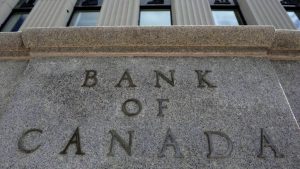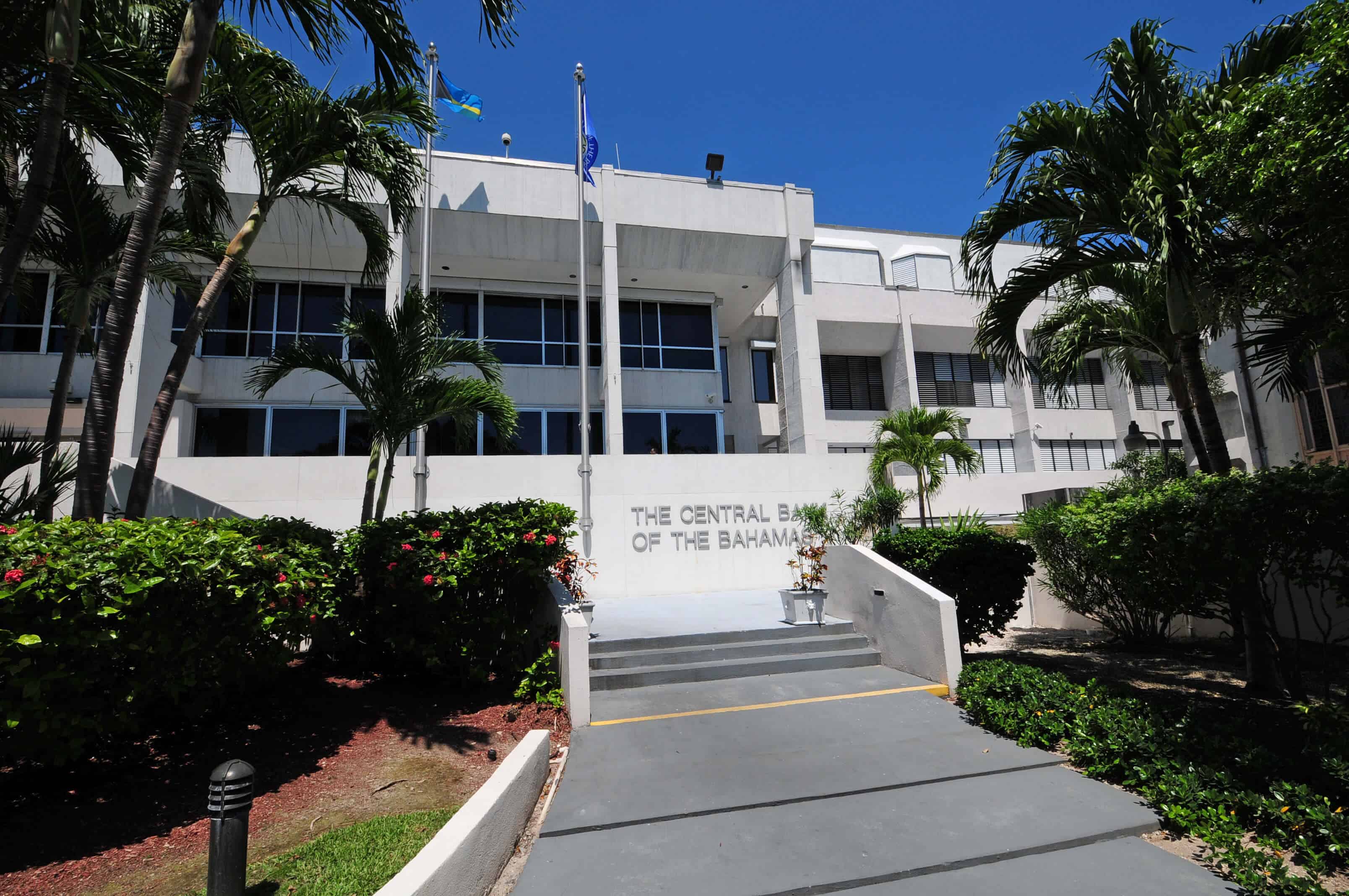Join Our Telegram channel to stay up to date on breaking news coverage
Timothy Lane, the Deputy Governor of the Bank of Canada (BoC), went public in stating that the world’s central banks need to have their own digital currencies ready in case regulators opt to block Libra, Facebook’s token.
Further encouragement from Lane’s side is how it could serve as an integral asset towards a possible solution to COVID-19 and the economic realities that the pandemic has brought with it.
Outsourcing Monetary Policy
Lane expressed this at an online panel discussion, which was hosted by the Central Bank Payments Conference. He stated that the BoC has been in the development of a Central Bank Digital Currency (CBDC), and noted that research was going at a “good pace.” He stated that the central bank itself would need to hold consultations in regard to what the Canadian public expects from a digital currency.
Even so, Lane highlighted how the efforts from Facebook in introducing Libra could stand to help cross-border payments at large. Alongside this, he made note of underbanked and unbanked people that could become part of the global economy should this project reach successful fruition.
Lane highlighted the core issue of Libra at large: The question of whether Libra should develop the cross-border payment technology, or whether it’s the central banks’ duty. Should a country opt to do it themselves instead of relying on Libra, the responsibility rests on the central bank to have something ready. Thus, if the decision is made that a CBDC will be used instead of Libra, then the respective central banks need to be prepared to launch it, in turn.
A Change Of Heart
This statement is a far cry from the initial statement the deputy governor had made back in February before the pandemic struck. Back then, Lane declared that there simply wasn’t a case compelling enough for a bank to develop a CBDC.
The Canadian central bank had also released a report recently, which classified CBDCs as “risky,” as it would create competition between banks and crypto exchanges. Furthermore, the report highlighted how the digital currency itself is used for transactions.
A Threat To Country Sovereignity
Global stablecoins has been opposed by global regulators, including the financial watchdog of the G20, the Financial Stability Board (FSB), which had published regulatory recommendations about the matter. The group speculated that such global stablecoins, such as Lybra, could stand to become “systemically important” across various jurisdictions, which would, in turn, hamper a government’s ability to mandate monetary and investment policies within its borders.
Join Our Telegram channel to stay up to date on breaking news coverage



